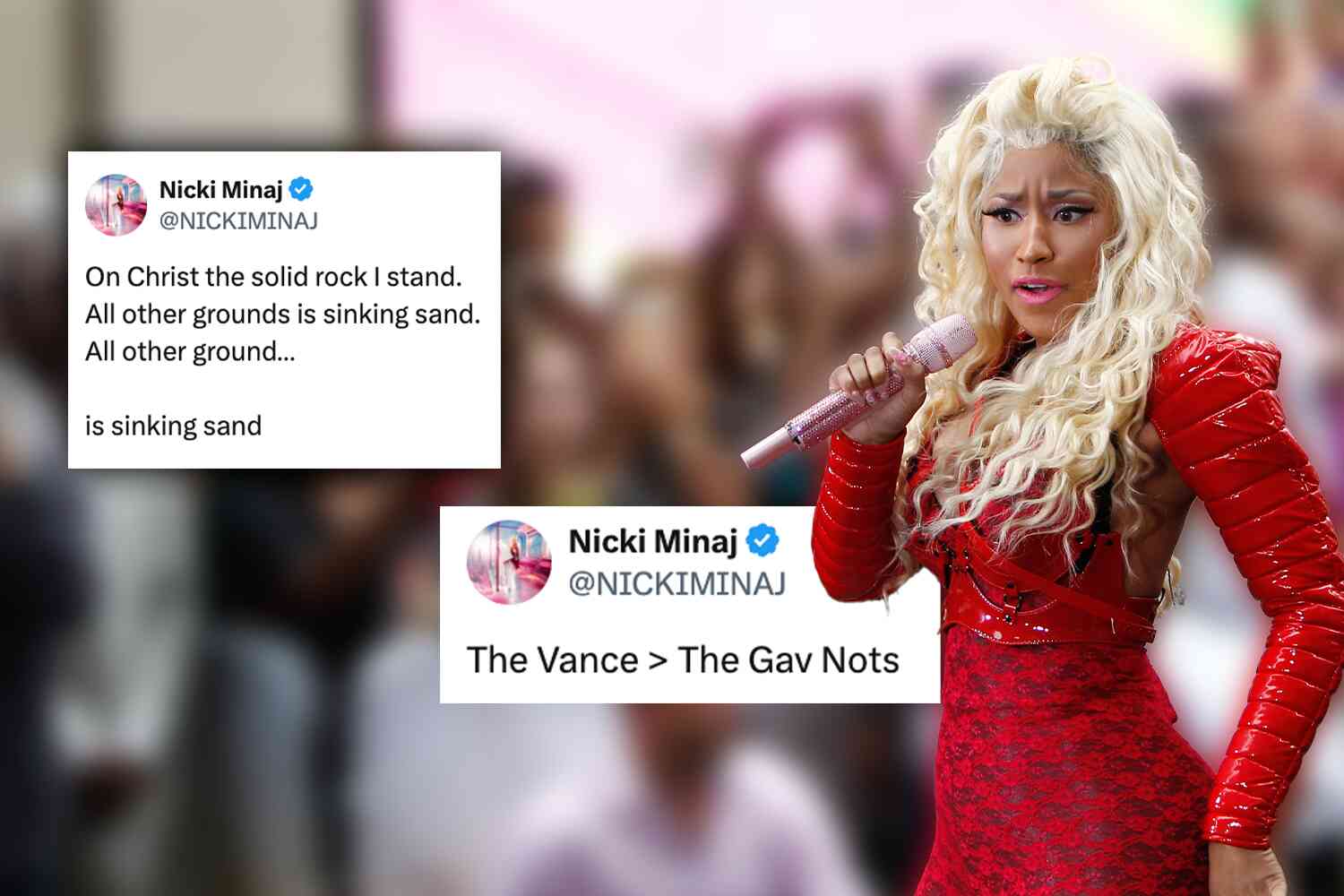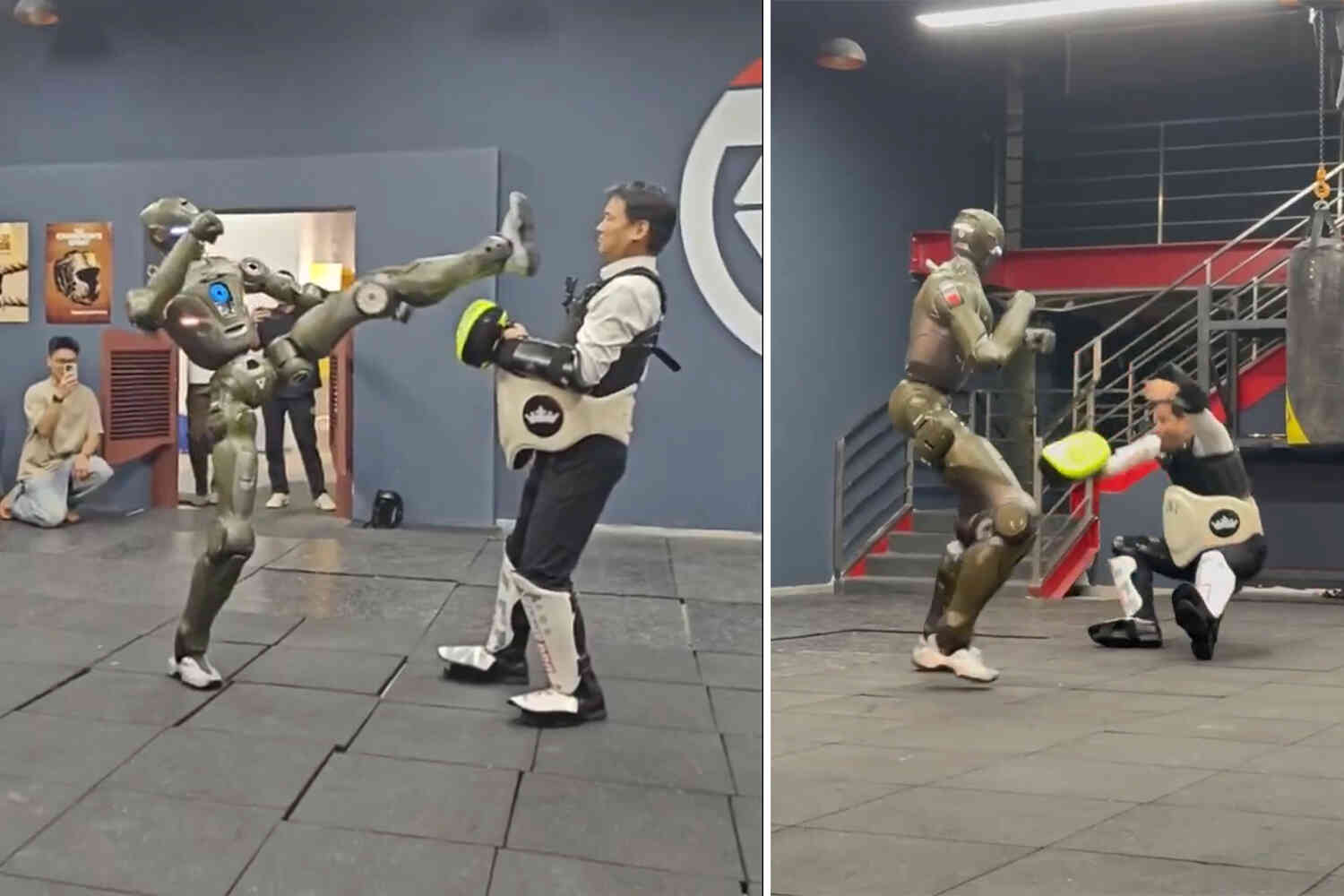Small businesses are emblematic of the American dream, offering an opportunity for innovative hard-working Americans to stake their claim to a better life, to reward sacrifice and innovation, and to provide a way for people without connections or an Ivy league pedigree to lift themselves and their employees into the middle class and well beyond.
That is why they must be destroyed.
Too strong? These are the businesses that were literally deemed to be "non-essential."
Small enterprises that make up a majority of American companies and employ 50% of the population.
Non-essential.
Gyms, restaurants, specialty retailers, many of which were life-long labors of love and were people's sole livelihoods and in which they had invested all their time and money not to mention hopes and dreams.
Non-essential.
You know which businesses were not designated non-essential? Apple, Wal-Mart, Target, and Amazon, the latter of which saw sales increase 40% in the second quarter.
But it was not Amazon that shut down their smaller brick-and-mortar competitors — the states did that for them.
To be fair, the pandemic certainly would have wreaked havoc on small businesses, many of which would have still struggled or possibly failed as they attempted to deal with changing consumer habits due to the virus.
But they were never really given the chance.
There were the lockdowns, of course, which studies have shown for months and months and months and again this month are ineffective at their purported purpose.
And yet we are endlessly lectured to "follow the science."
And here we go for another round of closures, as governors and mayors shut them down again. In Los Angeles, after restaurants spent untold amounts of money they do not have creating outdoor dining spaces in order to comply with government edicts, the city's Public Health Department decides to shut that down, too.
At some point, you have to start wondering if they just hate you.
What about the $2 trillion relief bill?
"Only $350 billion was earmarked for small businesses, and of that, $243 million "accidentally" went to large companies instead – leading some companies to return the money over the ensuing outrage. All in all, only 5 percent of the first round of PPP loans reached small businesses."
How has that worked out?
"Small businesses have been pummeled by excessive and insane governmental lockdowns of the economy. Experts warn that one third of small businesses could ultimately shut down for good, and hundreds of thousands have already done just that."
Imagine thinking of investing in a small business or lending a small business funds to start up or expand in an atmosphere in which the state can shut you down any time it likes with little or no notice and very little real recourse.
And then there's the seeming incapacity of those imposing and espousing lockdown rules to follow them themselves.
Let's leave aside the obvious hypocrisy for a moment, and even whether or not you think the virus itself is dangerous.
If California Governor Gavin Newsom sincerely believes that dining in a restaurant beyond arbitrary limits set by him is dangerous, would he still do it?
I mean, I have no doubt that the roasted cauliflower velouté is to die for, but I doubt anyone ever meant that literally.
If Denver Mayor Michael Hancock genuinely thinks, as he claimed, that traveling is just too hazardous to risk, would he fly across the country to see his daughter?
Would a couple dozen of connected Brooklyn power brokers gather together for a party if they believed they could die by doing so?
Would a Canadian mayor have dinner with friends if he really thought it would cause them all serious harm or death?
Probably not. I wouldn't. If I were at the center of the crisis, getting the very latest updates and with access to the best minds, and came to the conclusion that locking things down was necessary or I COULD DIE, I would probably do those things so that would not happen.
As bad as this virus has been, the response has been worse.
And that's saying something.









